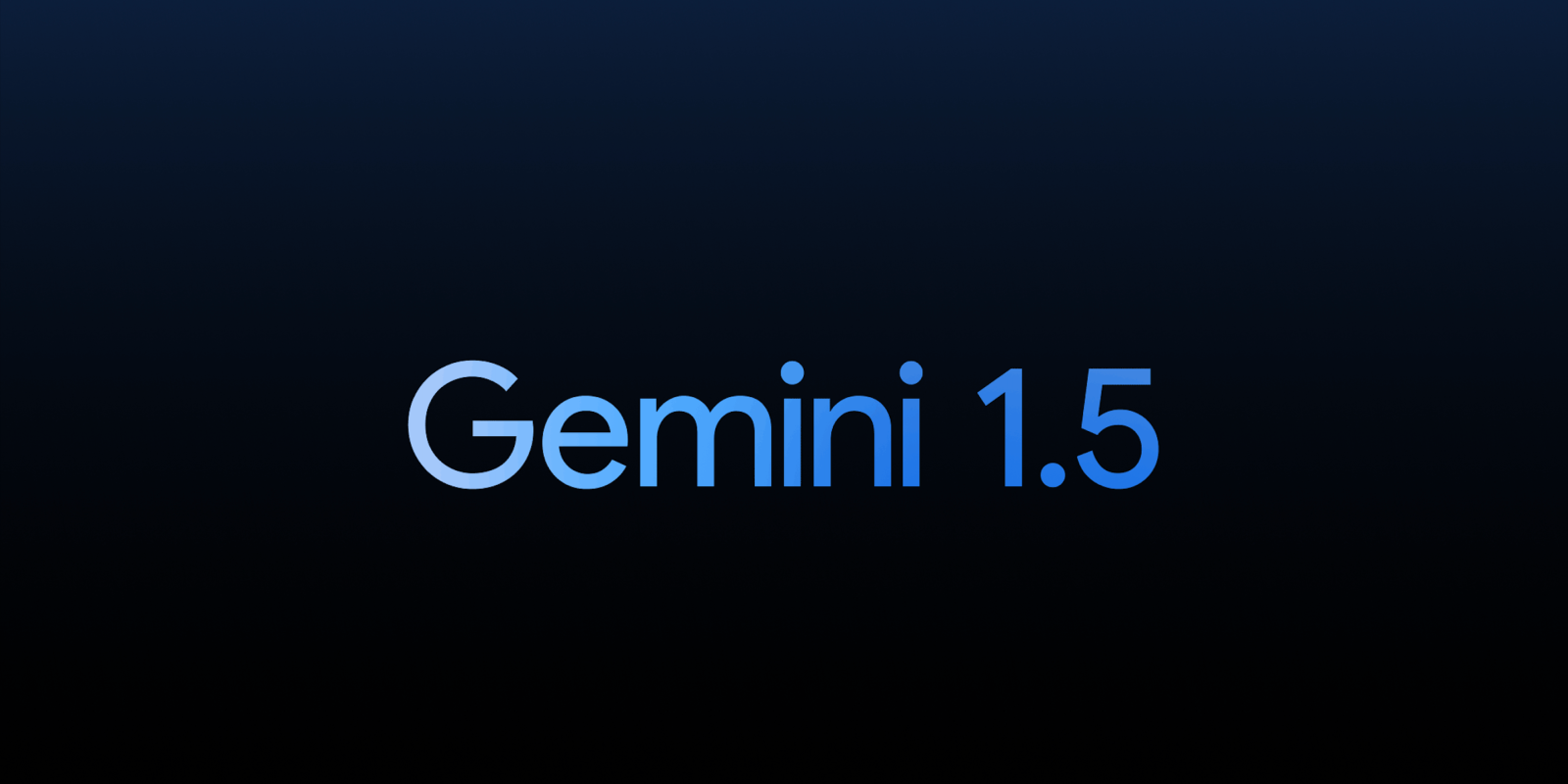In the rapidly evolving landscape of artificial intelligence, the introduction of Gemini 1.5 marks a significant milestone. This next-generation model by Google promises to redefine the boundaries of machine learning and AI capabilities.
Key Highlights:
- Gemini 1.5 offers advanced knowledge-based question-answering capabilities, setting a new benchmark for AI performance.
- The model employs innovative evaluation methods, including standard 5-shot prompts and chain-of-thought prompts, for enhanced reasoning and analysis.
- Safety features are integrated into Gemini Pro, demonstrating Google’s commitment to ethical AI development.
- Comparative analyses reveal Gemini 1.5’s competitive edge over its predecessors and contemporaries in various domains, including STEM and humanities.

Gemini 1.5 emerges at a time when the demand for sophisticated AI solutions is at an all-time high. This model has been meticulously designed to address complex problem-solving tasks, showcasing remarkable advancements in language processing and reasoning capabilities. At its core, Gemini 1.5 leverages a comprehensive dataset and cutting-edge algorithms to deliver unparalleled accuracy and efficiency.
One of the standout features of Gemini 1.5 is its robust knowledge-based question-answering system. The model’s ability to navigate through a wide array of subjects across STEM, humanities, and social sciences underscores its versatility and depth. The inclusion of safety features further emphasizes Google’s dedication to responsible AI deployment, ensuring that Gemini 1.5 operates within ethical boundaries.
The evaluation of Gemini 1.5 involved a detailed comparison with existing models, including OpenAI’s GPT series. Through a series of rigorous tests, Gemini 1.5 demonstrated its superior performance, particularly in knowledge-based tasks. The model’s proficiency in generating accurate responses, even with complex chain-of-thought prompts, highlights its sophisticated reasoning capabilities.
However, the journey of Gemini 1.5 is not without its challenges. The model’s performance, while impressive, revealed areas of potential improvement, especially in tasks requiring nuanced understanding. Moreover, the impact of safety features on the model’s responsiveness to certain queries raises important considerations for future development.
Despite these challenges, Gemini 1.5 represents a significant leap forward in the field of AI. Its ability to outperform competitors in certain domains, such as biology and economics, speaks volumes about its potential to revolutionize various industries. The model’s innovative approach to problem-solving, combined with its ethical considerations, sets a new standard for AI development.
In conclusion
Gemini 1.5 is not just another step in the AI evolution; it is a giant leap towards creating more intelligent, versatile, and ethical AI systems. With its advanced capabilities and ethical considerations, Gemini 1.5 embodies the future of AI technology. As we move forward, the insights gained from this model will undoubtedly pave the way for further innovations, shaping the next generation of AI applications and services. The journey of Gemini 1.5, with its blend of challenges and triumphs, serves as a testament to the relentless pursuit of excellence in the field of artificial intelligence.

























